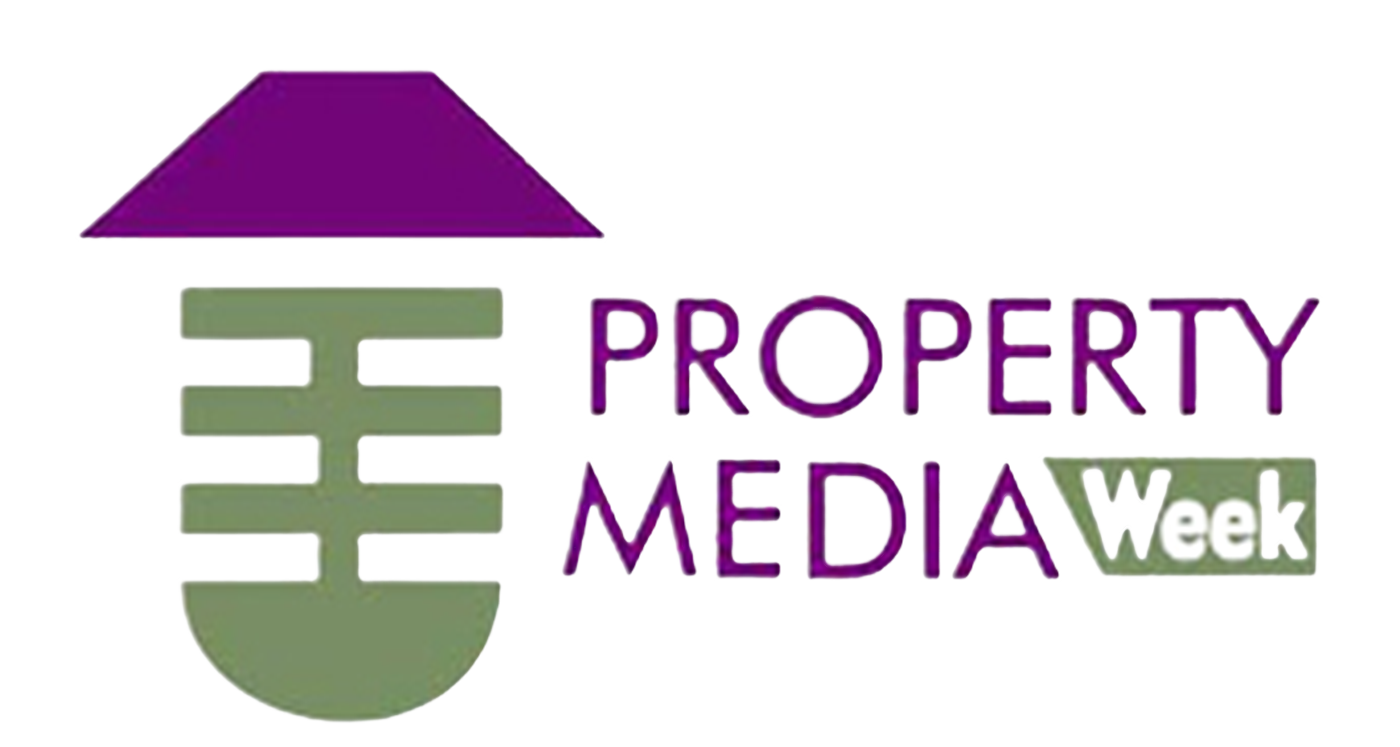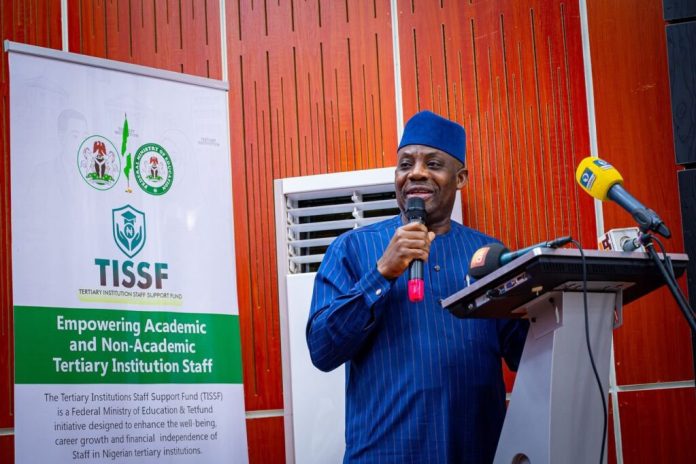The Federal Government has unveiled the new school curriculum in Nigeria, set to commence in September 2025. This curriculum reform is designed to modernize learning, with new subjects such as digital literacy, entrepreneurship, and artificial intelligence being introduced across junior and senior secondary schools.
The updated curriculum surfaced online after the Special Assistant to the President on Social Media, Dada Olusegun, shared it on his X handle. The reform aligns with Nigeria’s push to prepare young people with 21st-century skills while addressing long-standing gaps in the education system.
At the Junior Secondary School (JSS) level, students will study digital literacy and coding—including Python basics, Scratch, and robotics—alongside entrepreneurship and financial literacy. Traditional subjects such as Mathematics, English, and Integrated Science remain but now emphasize practical application.
For Senior Secondary School (SSS), the new school curriculum in Nigeria goes further, making programming, cybersecurity, and digital entrepreneurship compulsory. Artificial intelligence is also included, while English now incorporates academic writing, journalism, and fact-checking. Students will complete a final-year research project, giving them real-world problem-solving experience.
Languages have also been expanded, with options in French, Arabic, and Chinese, while Creative Arts and Media Production will foster innovation and culture.
Education experts have welcomed this shift from memorization to skill-based learning, though challenges remain in equipping rural schools with digital infrastructure. The reforms also tie into President Tinubu’s broader education agenda. For more context, see PMW’s earlier features on Nigeria’s education challenges and governance and inclusion in Nigeria.
For international comparisons, explore UNESCO’s education policies and UNICEF’s digital learning program



